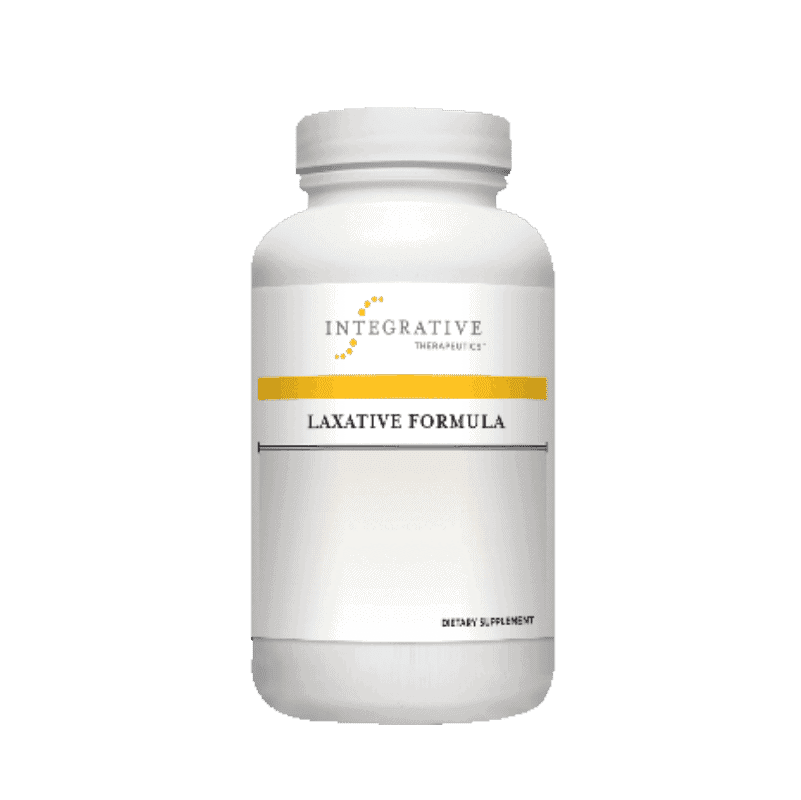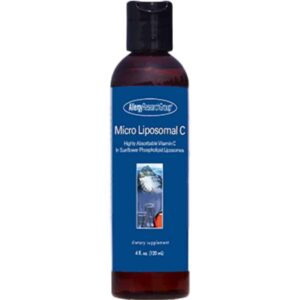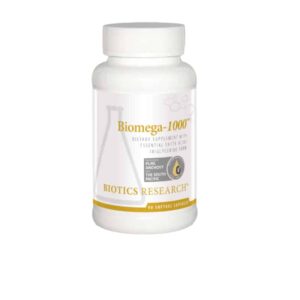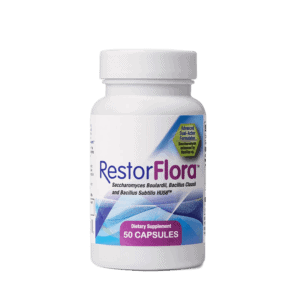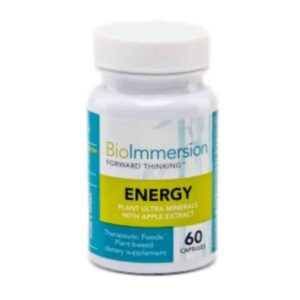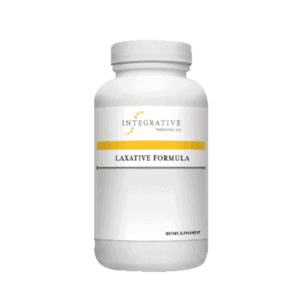A gentle easy-to-use intestinal detoxification method called Laxative Formula works with fiber to bind toxins and cleanse the intestines. Laxative Formula is designed to gently loosen built-up substances on the intestinal wall and enhance the transit time of intestinal substances.
Laxative Formula gently but effectively cleanses the intestinal surfaces and promotes bowel function without the use of harsh, stimulant laxatives, such as senna and cascara. These laxatives chemically stimulate the intestines. If used on a routine basis, the bowels can become dependent on them and lose the built-in reflexes that normally help the bowels function. In contrast, Laxative Formula works with the body’s own elimination processes to safely promote bowel movements.
